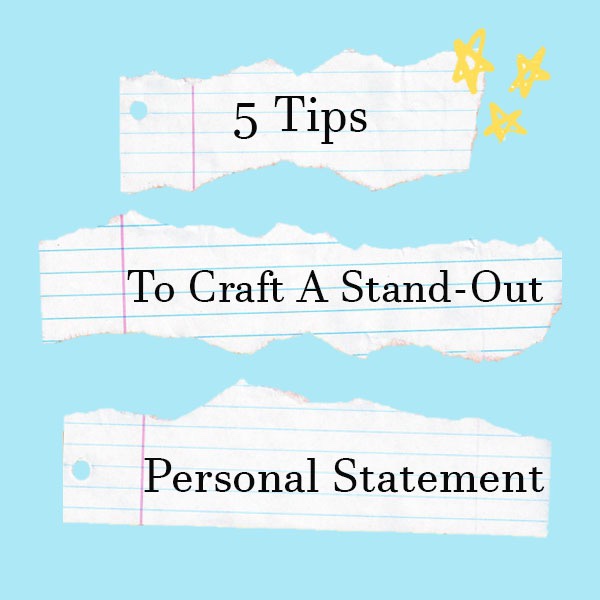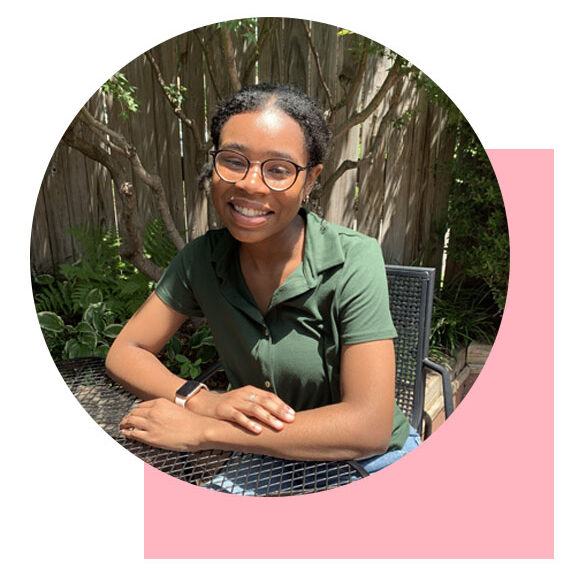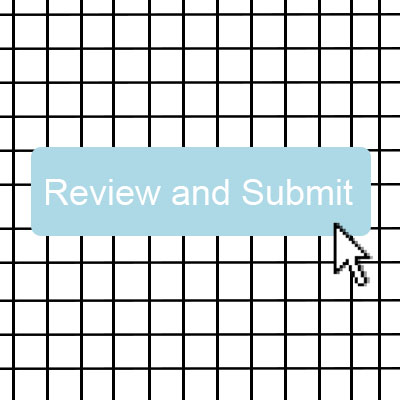
5 Tips to Craft a Stand-Out Personal Statement
The question that keeps many high school seniors up at night: how to sum up your whole life in a 650-word essay? The personal statement allows application readers to understand applicants in a fuller context, but it can feel nerve-racking to present your perspective to someone you’ll probably never meet. With all of the different requirements involved in a college application, the personal statement is one that never changes. So how do you write a personal statement that makes you seem intelligent but not arrogant, well written but not manufactured? Read on for five tips that I found helpful.
#1: Look up sample essays to see what you want to write about
With all of Common App’s options for personal statement questions, it can be a bit overwhelming to know which one you want to answer. That’s where Google and a simple search for essay samples comes in handy. Before starting your essay or if you ever find that you’re stuck, read some sample essays. They can serve as inspiration, and colleges release them for this specific reason. I would first search to see if the school you’re applying to has any essay samples. If not, no worries. All of the example essays online are pretty amazing, so I’m sure you’ll find one that will inspire you.
After I read through sample personal statements, I found that there were essay types that appeared frequently: the anecdote, the thought experiment, and the thought journey. These are the categories I created for myself to make sense of what I was reading.
The anecdotal essay, like any typical anecdote, shares a story. For example, an essay about a summer on a horse ranch would be an anecdotal essay. The take away from this essay is normally a valuable piece of knowledge gained or a show of an issue overcome. This essay type tends to be very popular. However, it can be tricky to give the reader a lot of information about yourself through one moment or experience. When writing an anecdotal essay, choose an experience that was impactful to multiple areas of your life, not just the one that contributed to your love of veterinary science, to keep with the horse ranch example.
The thought experiment is an interesting essay type. You don’t see it very often, but it can be very powerful.

As an example, say you write an essay about what it would be like if the world completely stopped using plastic. What would have to change? How would that affect you, society, the environment? The topic of your thought experiment should usually connect back to your interest (the “point” that I talk about in my next tip!). This essay type shows that you’ve already put deep thought into something you’re interested in and that you could potentially study in college. You’ll want to make sure you’re not just spitting out a bunch of facts on the topic; the topic should be personal and connect back to your life in some way.
My personal favorite of the three is the thought journey. The thought journey takes an experience you’ve had, say walking home from the bus stop every afternoon, and discusses your thoughts and observations about the experience. The take away from this should be how the experience has shaped you as a person. You could include imagery from the walk( how the sun would hit your skin and drench you in sweat), or you could include what you thought about on your walk home, and how that time spent thinking influenced how you saw the world.
This is by no means an exhaustive list of essay types and many students chose to mix and match between types. However, I think these three types are a great jump start to get you thinking about essay topics! The personal statement questions also allow for a lot of freedom (especially the write whatever you want option!), so don’t feel bound to any one question, either.
#2: Give your application a “point” and mention it in your personal statement
In order to make a compelling application, there should be a common theme throughout that unites all of the different components. For example, if you’re trying to get into a film program, a good majority of the content represented in your application should be about your passion for film. Of course, you don’t want to come across as single-minded, but schools like to see that you have a clear main direction in what you want to study, even while having multiple other interests.
You’ll want to be like that *beautiful* illustration I made for you below. In your application, you should appear well rounded but with a very pointed interest that will be your reason for wanting to go to school. I would say about 60% – 70% of your application should represent that interest (if you’re looking for a more quantitative goal to hit). I’ll call this portion of your application the “point”.

Your personal statement doesn’t have to include the majority of the point if you feel the rest of your application represents it. This would be for the people that have a bunch of clubs and accomplishments in the point area. If that’s you, feel free to let your personal statement represent some other aspect of you. However, if you see your application lacking in a point, use your personal statement to sharpen up one. I’m not saying to start your personal statement with ‘this is why I want to be the greatest filmmaker of all time’. But whatever experience or topic you chose to write about should be alluding to this reason. This isn’t a hard and fast rule, but I think it’s a good guideline to keep in mind.
#3: Vocabulary, grammar, and structure matters
Good vocabulary and grammar polish off an essay perfectly. When you find yourself using “really” or “very” a lot, try being more specific with your adjectives. Use interesting words in your essay that will grab readers intention, like “ignite” or “passion”. There is even research on the vocab content of Stanford vs. Harvard essays (link here!). Most importantly, write in a way that is authentic to yourself. Just make sure you’re not sounding like a sixth-grader still learning to write a five-paragraph essay.
Speaking of essay structure, try to stay away from being limited by the five-paragraph structure. Group your paragraphs by ideas rather than feeling like you need to reach a certain paragraph limit. The shortest paragraph in my personal statement was three sentences, and my longest was seven sentences for a total of seven paragraphs in my 634-word essay. Adding variety to your paragraph structure can keep your writing fresh for a reader.
I recommend having multiple people you trust read your personal statement over as well. Ask them to think about vocabulary, grammar, and structure while reading your essay. Also, download Grammarly! It’s a browser extension that catches grammar and spelling mistakes. It can be helpful while writing your personal statement and to catch mistakes while you’re filling out the Common App.
#4: Feel stuck? Write something anyways
I remember just staring at a blank Word document plenty of times when I began a college essay and having absolutely no clue what to write. When you find yourself in this situation, you’re most likely just scared that what you write will be bad or not perfect. However, the best way to figure out what to write is just to write! Literally, write anything that comes to your head and brain dump it all into an ideas page.
There are also plenty of free websites online that will force you to write when you’re feeling stuck. My personal favorite is Write or Die. The website is designed to keep you writing, and if you stop for more than a few seconds, the screen will turn red. There are plenty of different consequences for stopping, with the scariest being everything you wrote in the current session will be deleted. If that won’t get you writing, I don’t know what will.
If you find that you still feel stuck even after taking a break, try writing out your thoughts on a piece of paper rather than typing it out. Sometimes the change in method can help to unblock your ideas.
#5: Let your perspective shine through
I touched on this a bit in my How To Submit a BOMB College Application post (link here!), but I’ll say it here again: the personal statement is your chance to be reflective. I think this point is best illustrated by this essay my English teacher made my whole class read senior year. This senior literally wrote about Costco, but she wrote about in such a profound way that showcased her interests and her unique perspective on the world. When I first read the essay and other example essays that I looked up online (which I definitely recommend you search up as well!), I was intimidated because they are all sooo good. But have faith in yourself because your perspective is just as interesting as any other person’s! The Costco essay shows you don’t have to have some kind of life-changing experience to write a good college essay. I based my essay on washing my hair if that gives you any comfort!
Realize, you already have all the tools you need to write a banging personal statement, from your family background to the crazy, interesting thought that ran through your mind yesterday. You just have to consider what perspective you want to bring to the table.
Sincerely,
Lindsey
Have a question on writing a personal statement? Leave them in the comments below, and I’ll get back to you!

Hi! I’m Lindsey, a computer science student at Princeton University. Welcome to my blog! I wanted a space to capture my thoughts online about school, fashion, and anything else that might interest me in life. I hope you learn a little something while you’re here. Enjoy!

